
👊 "My dream is to help everyone grow locally and sustainably"
Hamza Qadoumi has always been curious and liked to solve problems. But he also has a strong interest in nature. This led to Ecobloom whose mission is to create tools for smarter cultivation.
Share this story!
"Ever since I was a child, I have enjoyed building things and helping people, says Hamza Qadoumi," CEO and co-founder of Ecobloom.
That's always been the source of inspiration. To help and make a difference, he says.
"I didn't know exactly what I wanted to become when I grew up. But I have always been curious and innovative. It has always been about building things, like robots, and solving problems."
"Doctors are the ones who help people"
Over time, it developed into a desire to solve problems to help people, and Hamza's uncle, who studied at the KTH Royal Institute of Technology, made him think and be inspired.
"Because I wanted to help people, one of my dreams was to become a doctor. Doctors are the ones who help people. But my uncle made me realize that it's not just doctors who do it. It can be done with engineering, and that led me to become an engineer."
Hamza also ended up at KTH and studied to become a mechanical engineer. But together with curiosity and innovation, there was a strong interest in nature. Would it be possible to work with both?
"The dream would be to combine these two worlds. To work with something that is both about engineering and nature is something I would love to do. This is what eventually led to Ecobloom", says Hamza Qadoumi.
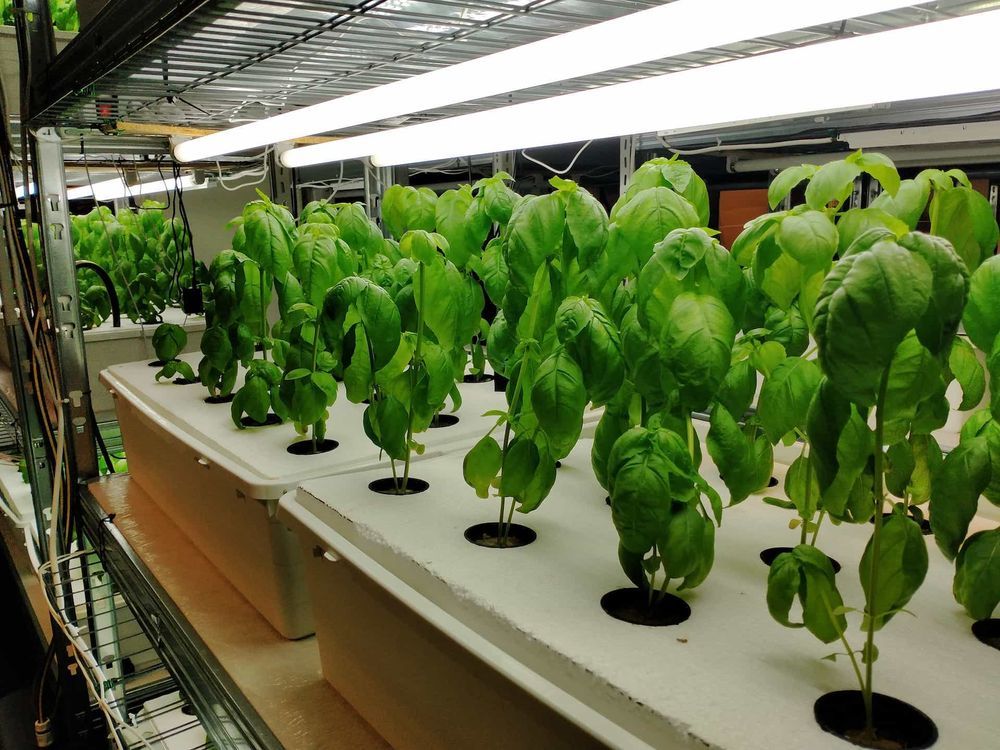
The journey that never happened
But the road to Ecobloom began with a journey that didn't end up happening. Hamza had applied for Minor Field Studies, a travel scholarship funded by the Swedish International Development Cooperation Agency, Sida, that gives students the opportunity to conduct a field study of at least eight consecutive weeks in a low- or middle-income country.
"The plan was to go to Tanzania and help farmers become self-sufficient by introducing aquaponics. KTH approved the project, and I was ready to fly down and start building in Tanzania. But there were elections in Sweden, and no one knew how much aid there was, so the whole thing was canceled."
The idea was in place, and the prototypes were ready, but Hamza was not given the opportunity to go down and realize his project in Africa. But the dream of living a new way of growing food locally and sustainably with the help of technology lived on.
"Aquaponics is an ingenious idea. Fish and plants are grown in a symbiosis where the feces from the fish nourish the plants. I had to take this idea further, even if it did not happen in Africa. So this is where everything kicked off with Ecobloom."
From miniature systems to large scale
First to come was an aquaponic miniature system for home use, EcoGarden. The product went up on the world's largest crowdfunding platform, Kickstarter, and was delivered to hundreds of customers. But this was just the beginning.
"We asked ourselves how we could help growers optimize their cultivation by applying the latest technology, such as sensors and artificial intelligence."
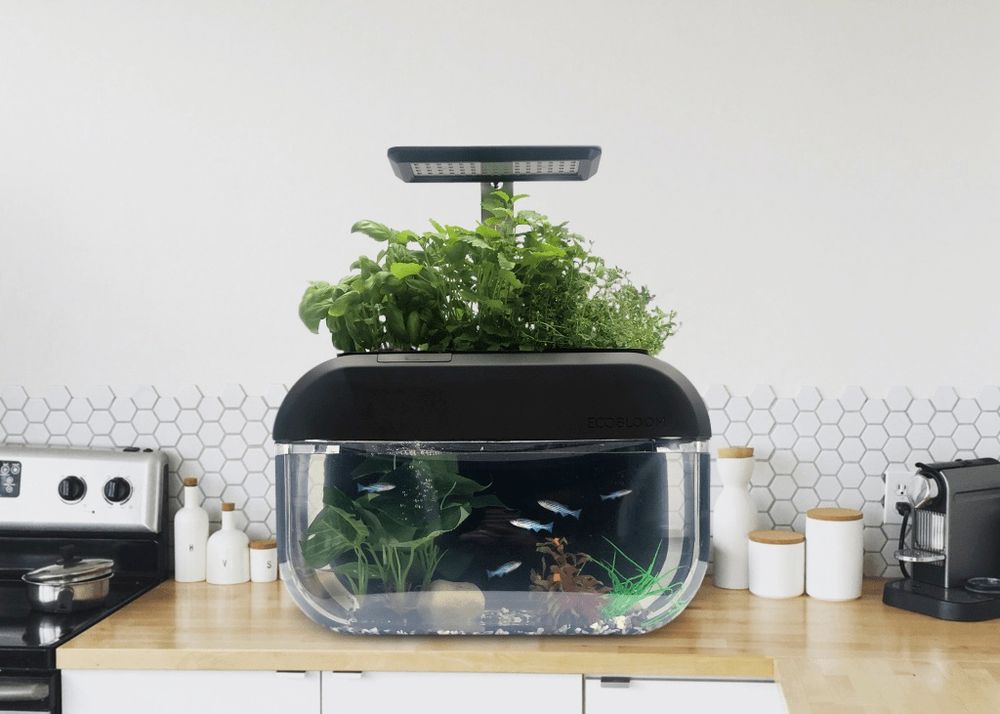
This led Ecobloom to develop an AI system that studies the growth process, detects patterns, and analyzes growth rate. The system can even project the expected harvest and thus "look into the future."
"We can, for example, see diseases on a crop before the human eye perceives it," Hamza says.
The technology optimizes the cultivation
Growers can optimize production and reduce wastage throughout the chain using this technology. Diseased plants can be removed early before they have time to infect neighboring plants, and this can be done without pesticides. In addition, nowhere near as much water and fertilizer is required as in traditional cultivation.
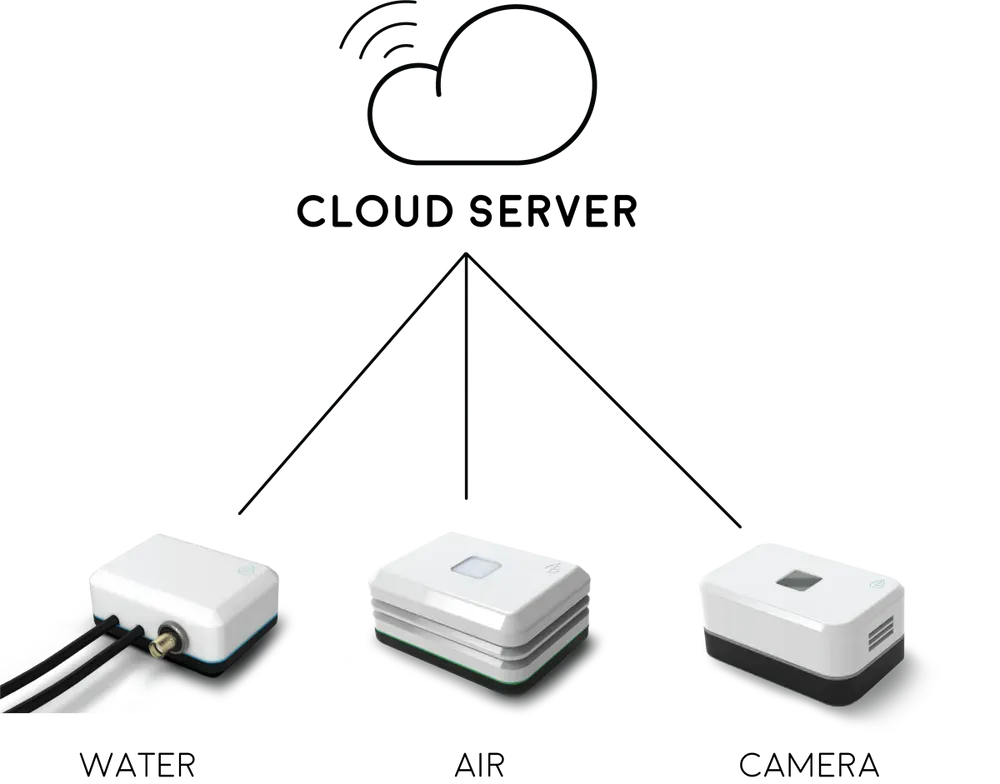
"Growing in this way, in a controlled indoor environment, is definitely the future. In ten years, half of the crops we consume will come from indoor cultivation in different varieties. It is a sustainable way to grow close to humans, all year round."
Hamza believes that this change is absolutely necessary. Our numbers are growing and we can't use more land to cultivate.
"I saw a study that pointed out that we need to produce more food in the next four decades than we have done in the last 8000 years. We must therefore grow significantly smarter, more in height than in width and with significantly fewer resources."
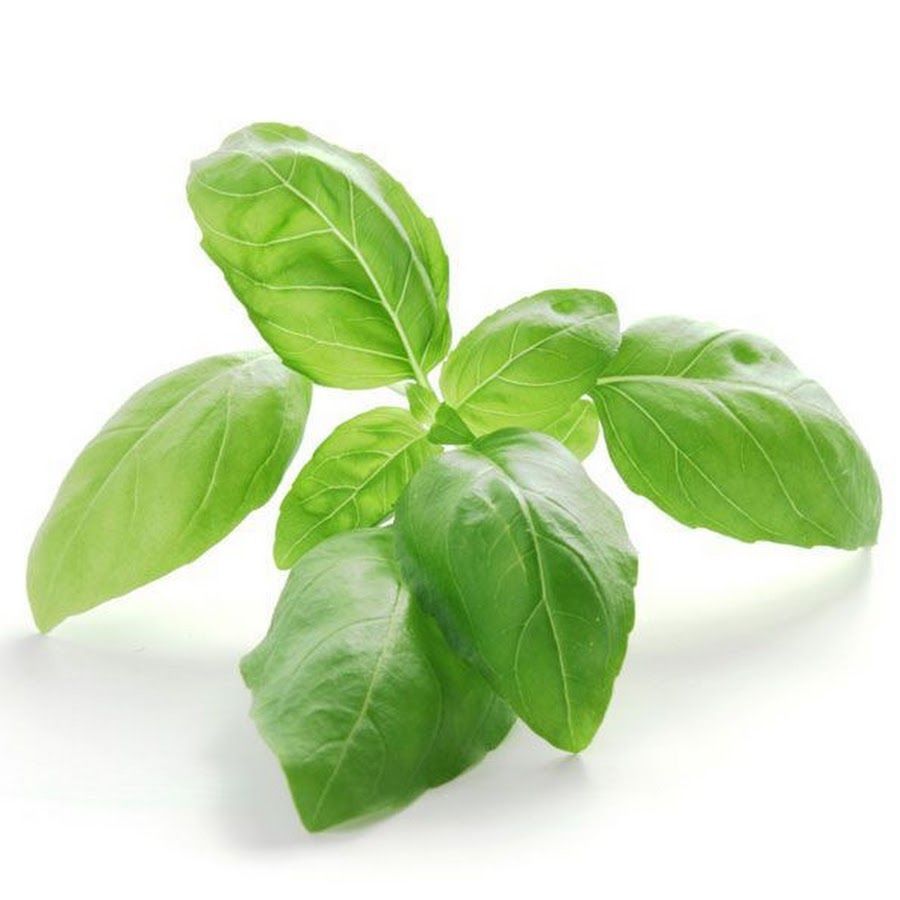
"We are market-ready"
Hamza says that Ecobloom is now in a phase where EcoSense, the product consisting of sensors and AI, has gone from pilot to a product ready for sales to commence.
"We are market-ready. Now during the first quarter of 2022, the plan is to bring in the first customer and stand on our own feet. We are now also in a seed round and are looking for capital that we will use to take the product to the market, scale up the team and take market shares."
Ecobloom is also looking for partners in the form of indoor growers to collaborate with, expand the network and bring in new ideas in the borderland between cultivation and technology.
"In theory, we can basically grow anything with this method. There are even those who grow flowers, bananas, and other fruits. I am convinced that this will grow massively in the coming years. We are only at the beginning of this development", concludes Hamza Qadoumi.
👇 Read about more people who want to create a positive impact on the world.
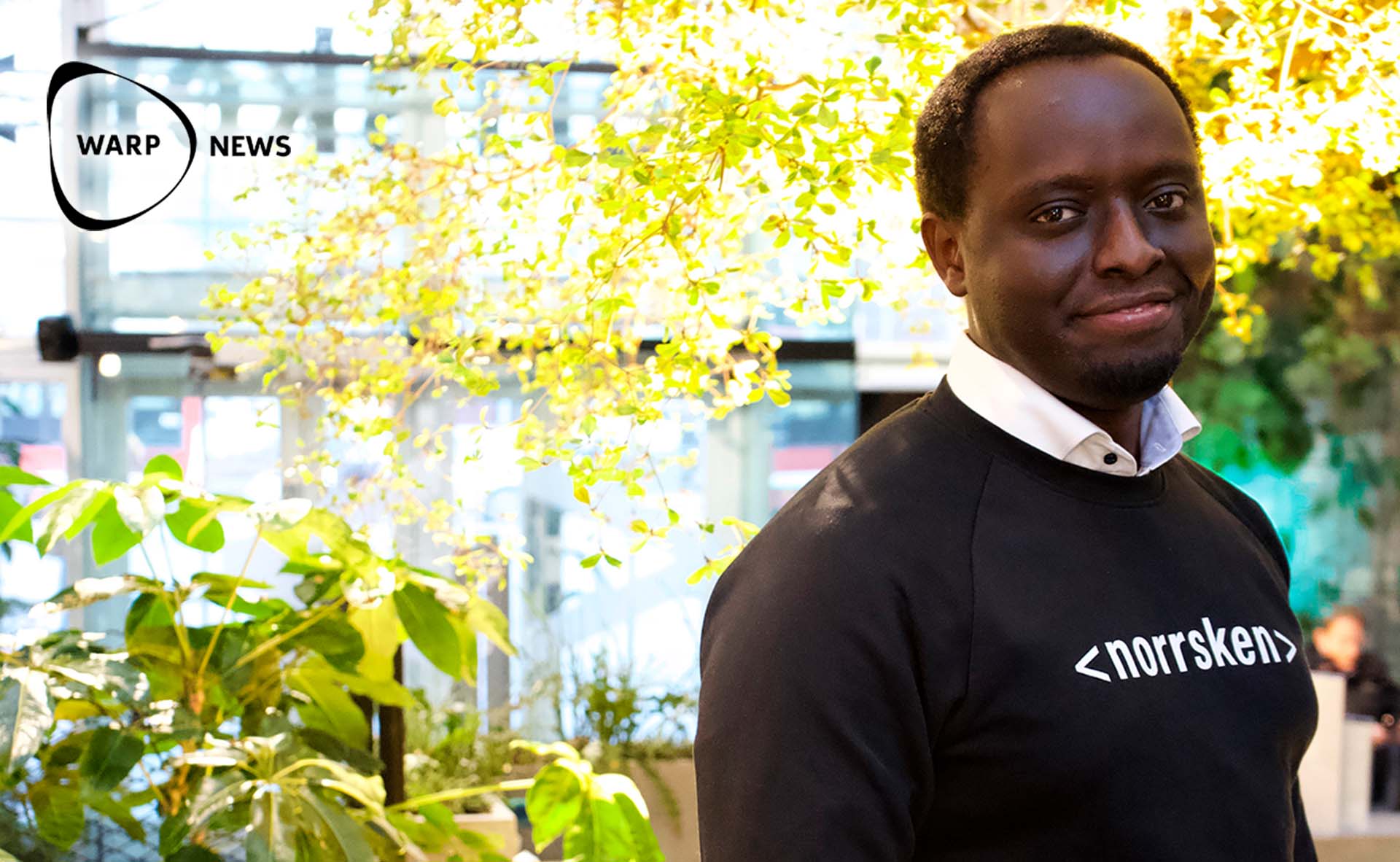
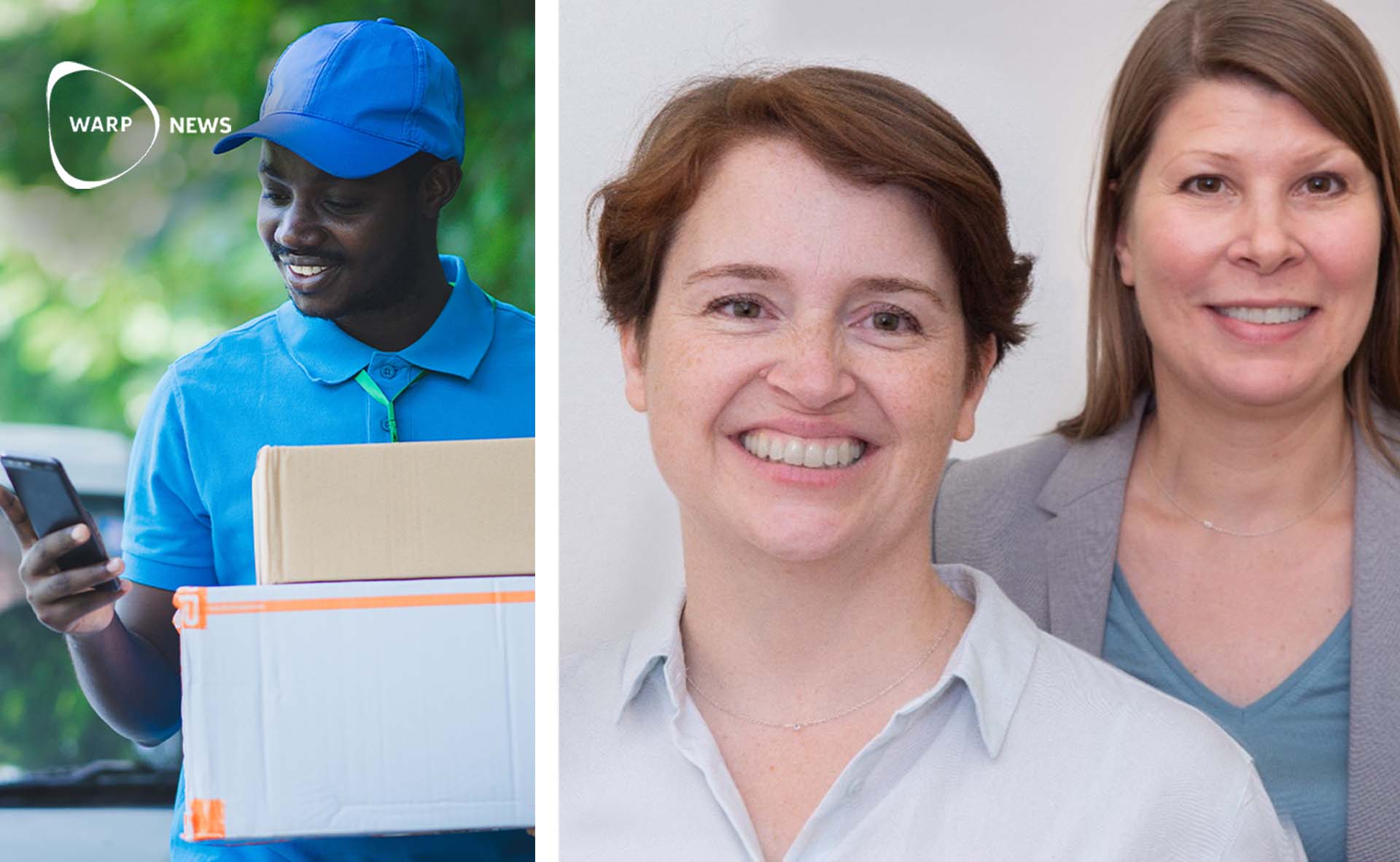
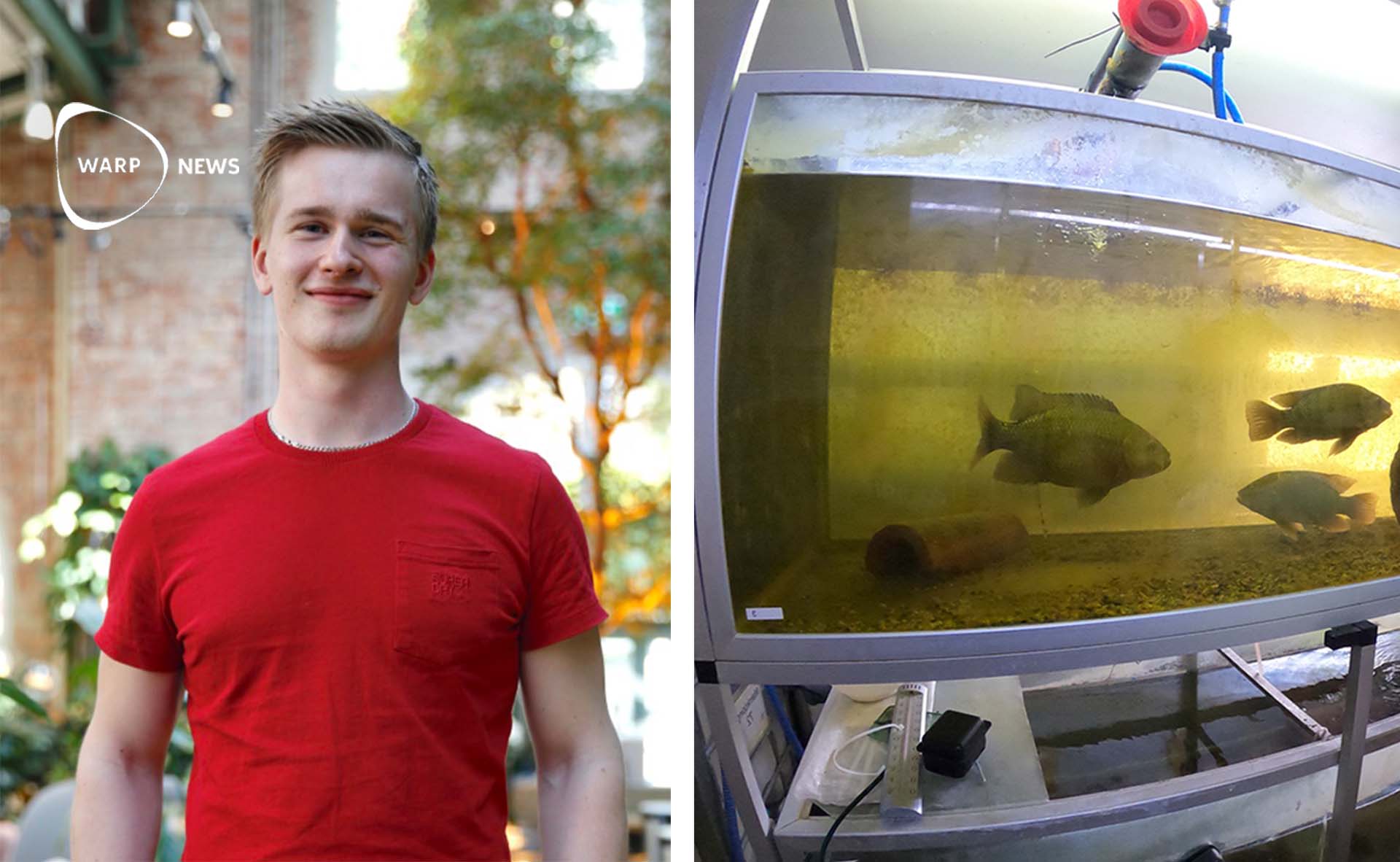
By becoming a premium supporter, you help in the creation and sharing of fact-based optimistic news all over the world.



